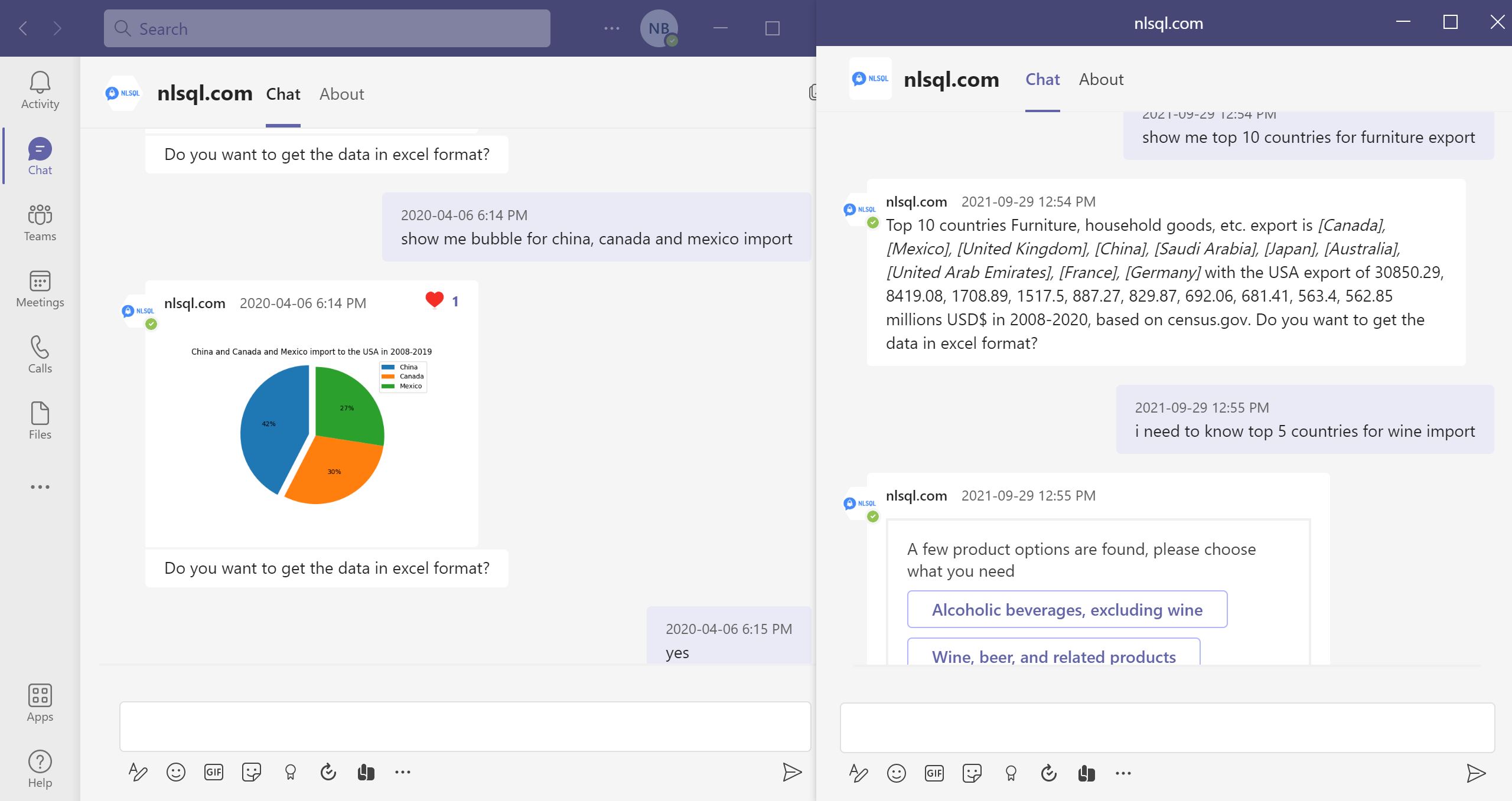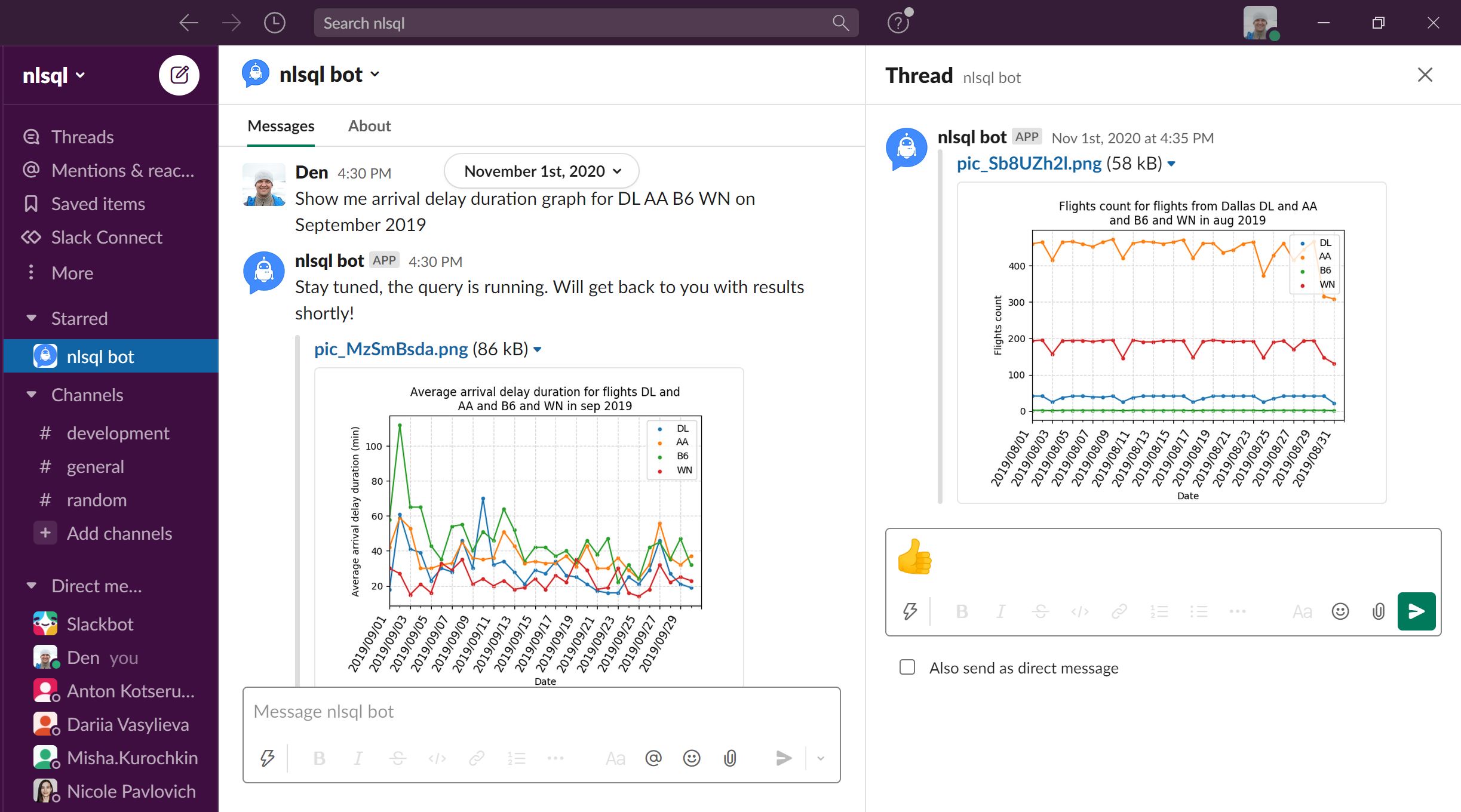What are decision support systems?
An interactive information system called a Decision Support System (DSS) analyses enormous amounts of data to help guide business decisions.
A DSS supports the management, operations, and planning levels of an organisation in making better decisions by evaluating the impact of uncertainties and the considerations involved to make one choice over another.
To assist users in making decisions, a DSS uses a variety of raw data, papers, personal knowledge, and/or business models. Relational data sources, cubes, data warehouses, electronic health records (EHRs), income estimates, sales projections, and other sources may all be utilised by a DSS.
Decision Support Systems consist of three key components: the database, software system, and user interface. The size of the DSS database will vary based on need, from a small, standalone system to a large data warehouse. Microsoft Teams or other user interfaces allow users to interact and view analytics results.
Decision support systems (DSS) are more purpose-built for supporting specific decisions. For example, a business DSS might help a company project its revenue over a set period by analyzing past product sales data and current variables.
Healthcare providers use Clinical Decision Support Systems to make the clinical workflow more efficient: computerised alerts and reminders to care providers, admissions, bird view on diagnostic results, and so on.


